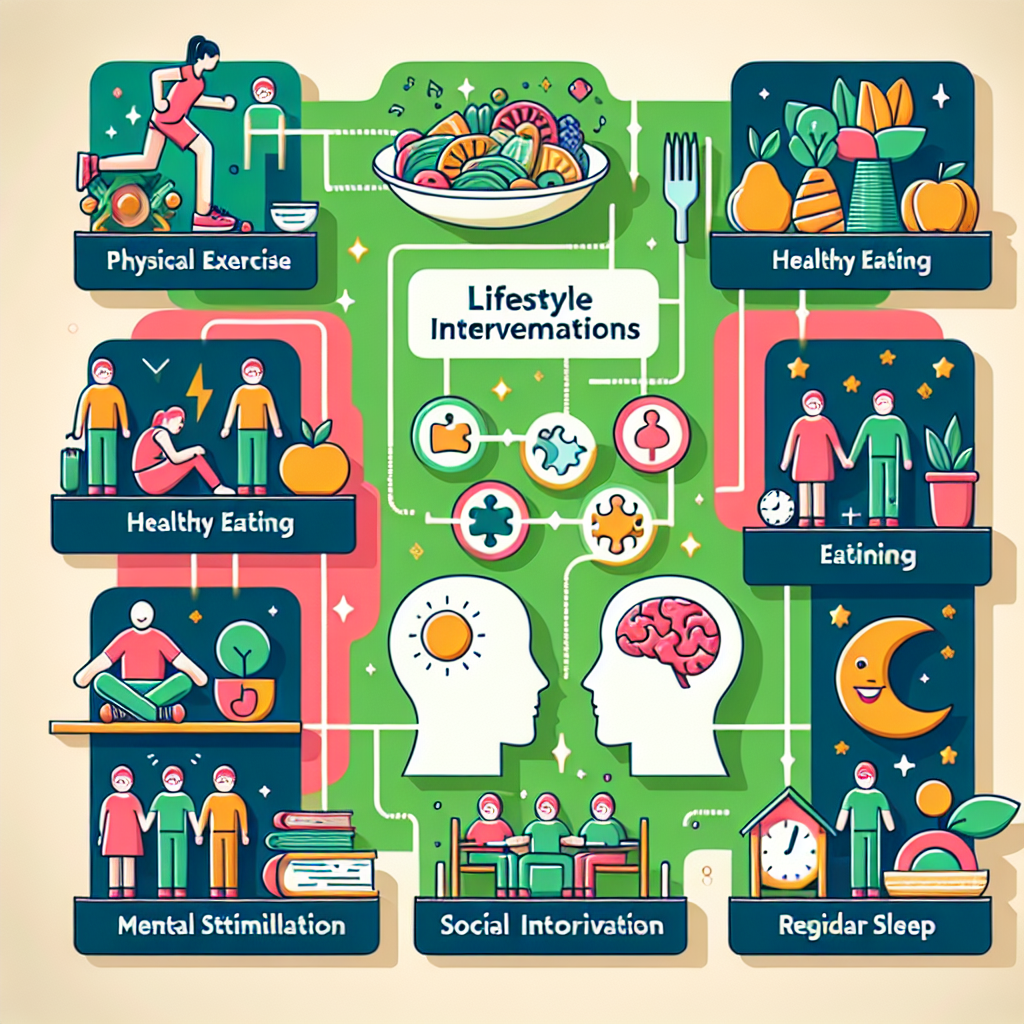Memory is the tapestry of our identity, woven with the threads of experiences, knowledge, and emotions. It’s a crucial cognitive function that not only stores information but also integrates it, allowing us to learn, adapt, and interact with the world around us. However, when memory fades or becomes distorted, it can profoundly affect a person’s quality of life. Understanding the types of memory loss and the interventions available is essential for maintaining cognitive health and overall well-being.
Types of Memory Loss
Memory loss, known medically as amnesia, can manifest in various forms. It’s crucial to distinguish between the different types because each type may be indicative of different underlying conditions and may require different intervention strategies.
Transient Global Amnesia
Transient global amnesia (TGA) is a sudden, temporary episode of memory loss that can’t be attributed to a common neurological condition, such as epilepsy or stroke. During an episode, a person’s recall of recent events simply vanishes, and they cannot form new memories; however, they typically retain knowledge of their self-identity and can recognize family members.
Mild Cognitive Impairment
Mild cognitive impairment (MCI) is a slight but noticeable and measurable decline in cognitive abilities, including memory and thinking skills. A person with MCI is at an increased risk of developing Alzheimer’s or another dementia.
Alzheimer’s Disease
Alzheimer’s disease is the most common cause of dementia, a general term for memory loss and other cognitive abilities serious enough to interfere with daily life. Alzheimer’s disease accounts for 60-80% of dementia cases.
Dementia
Dementia is not a specific disease but an overall term that describes a wide range of symptoms associated with a decline in memory or other thinking skills severe enough to reduce a person’s ability to perform everyday activities. Other types of dementia include vascular dementia, Lewy body dementia, and frontotemporal disorders.
Identifying the Right Intervention
Interventions for memory loss are as varied as the conditions that cause it. From lifestyle adjustments to targeted therapies, it’s crucial to select a strategy that aligns with the individual’s specific needs and the nature of their memory loss.
Lifestyle Changes
Evidence suggests that what’s good for the heart is also good for the brain. A heart-healthy lifestyle may lower the risk of cognitive decline. This includes regular physical activity, eating a diet low in fat and rich in fruits and vegetables, not smoking, and maintaining a healthy blood pressure, cholesterol, and blood sugar levels.
Cognitive Training
Cognitive training exercises can help improve specific cognitive functions. Memory, problem-solving skills, and processing speed may benefit from targeted brain exercises. To explore this further, consider reading about maximizing focus through cognitive training techniques.
Medication and Supplements
There are medications approved to treat symptoms of Alzheimer’s disease that may also help with other types of dementia. Additionally, supplements may support cognitive function, although their efficacy can vary from person to person.
Social Engagement
Staying socially active may support brain health. Participating in social activities and engaging in meaningful conversations can stimulate the brain. Explore the connections between social engagement and brain plasticity to understand this relationship better.
Mental Wellness
Mental wellness practices such as mindfulness and meditation can bolster cognitive resilience. These practices may help individuals cope with the changes brought on by memory loss and improve their quality of life. For more insight, consider the benefits of mindfulness meditation practices for cognitive resilience.
External Resources for Further Reading
To complement these strategies, several niche resources provide deeper insights into understanding and managing memory loss:
- The Mayo Clinic offers a comprehensive overview of various types of memory loss and their potential treatments (Mayo Clinic Memory Loss).
- The Alzheimer’s Association provides detailed information on Alzheimer’s disease and other dementias, including resources for care and support (Alzheimer’s Association).
- The National Institute on Aging guides on healthy aging and cognitive health, including tips for brain health maintenance (National Institute on Aging).
Innovative Research and Monitoring
Recent advancements in technology have introduced innovative methods for monitoring cognitive health. From wearable devices to smartphone apps, these tools can help individuals and healthcare providers track changes in cognitive function over time. Read about innovative methods for brain health monitoring to learn more.
Conclusion
Memory loss can be a challenging condition, but with the right knowledge and resources, individuals can find effective strategies to manage it. By understanding the types of memory loss and integrating a combination of lifestyle changes, cognitive training, and social engagement, individuals can support their cognitive health and maintain their quality of life.
Remember that early intervention is critical, and consulting healthcare professionals when memory loss is suspected can lead to better outcomes. As research continues to evolve, hope remains for new and improved ways to prevent, diagnose, and treat memory loss, ensuring that the tapestry of our memories remains as vibrant and detailed as possible.



